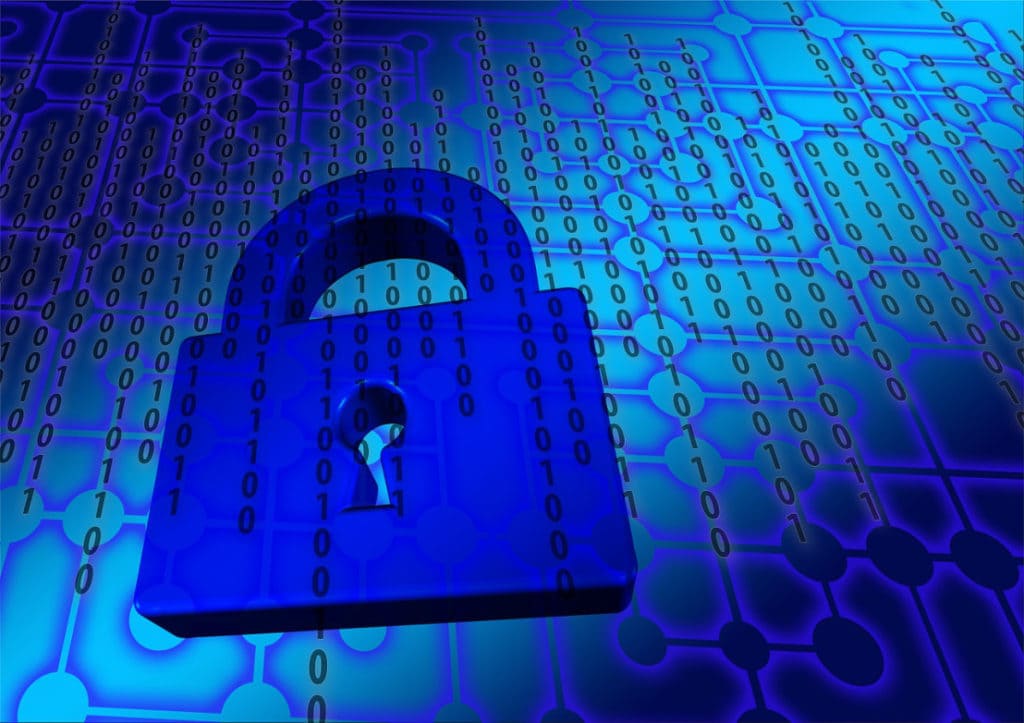
8 Ways To Secure Your Online Presence
With every new step in technology comes an advance in hacking and other cybercriminal offenses, which can be especially devastating to a small business owner. We at DCAVirtual have come up with several ways you can better secure your online accounts.
# 1 Create Strong Passwords That Are Unique to Every Account
It’s not enough to have a single strong password containing upper case and lower case letters, numbers, and a string of random symbols. You should have a different password like this for every account. If someone gets a hold of -one- password, only that account will be compromised- as opposed to every single one.
# 2 Use a Password Manager
Say you’ve created a strong password for every online account you have. How are you supposed to remember all of them? A password manager does just that. The only password you’ll need to remember is the one for your password manager, which will log you into your various online accounts no matter how elaborate each password is.
#3 Don’t Fall Victim to “Phishing” or Click-Bait – and Don’t Open Strange Attachments
Phishing occurs when an email or website that appears to be legitimate is, in fact, not. A “phishing” site will look like Amazon, Ebay, Facebook, etc., in order to lure you into giving up your log-in information. When you come across a “phishing” email, be sure to alert the actual company and do not engage with it.
Never open an attachment from someone you don’t know, because it could lead to your email being hacked OR a malicious program being installed on your computer. If you do receive an attachment from someone you know, but the email doesn’t look like something they’d send, don’t open it.
# 4 Update Your Anti-Virus Software
Don’t ignore those alerts to update your anti-virus software. Anti-virus software is meant to be upgraded regularly, to protect you against new and emerging security threats, like viruses, trojans, and worms.
#5 Only Use Secure Wireless Networks
By “secure,” we mean wireless networks that are encrypted and fire-wall protected. Check out the FAA’s guide to protecting your wireless network or this article on how to best secure your network.
#6 Create Log-in Notifications
Sites like Facebook and Gmail will send you a text message and an email every time an unfamiliar IP address attempts to log into your account. These messages will ask you to verify your identity, often through codes sent to your phone or alternate email. They may also prompt you to re-secure your account with a new password.
#7 Use 2-Step Authentication
“2-Step Authentication” is when sites like Facebook or Google ask you to enter in a code that’s been to sent to your phone. You have the option of turning this on for whenever you log in, not just when a fishy IP address attempts to reach into your account. It does create a delay in logging in, but at you’ll know that your account is safer with this additional security measure.
#8 Use a VPN
A Virtual Private Network (VPN) secures your Internet connection and ensures that all data you send is encrypted. This is especially useful for people who use unknown Wi-Fi networks, like the ones at coffee shops. It’s also a must-have for small business owners who want another level of security.
In short, any time you use Wi-Fi that is not your own, you should use a VPN.
We hope you find these tips useful. Small business owners must take every measure to protect their identity and the sensitive information of their clients. Taking the time to secure your online activities will also make your business more trustworthy and responsible.
Did you find this article useful? Follow DCAVirtual Business Support on Facebook, Twitter, Google + and LinkedIn!
